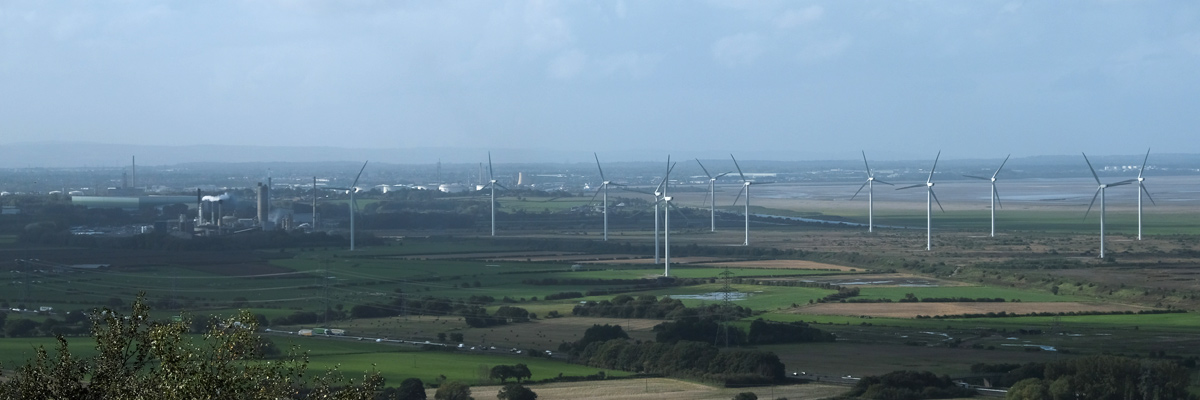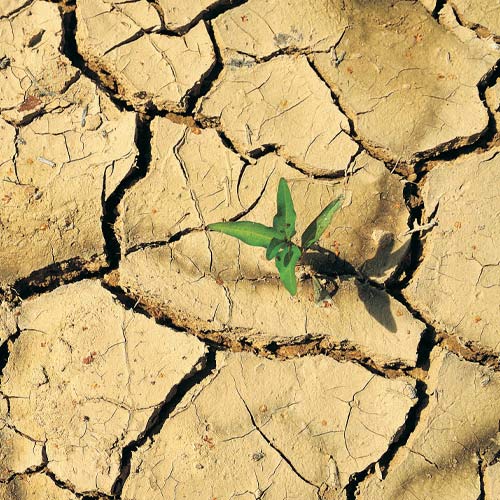The decarbonisation and resource management challenge area fits within the context of the increased need to decarbonise energy and industry, the need to use resources more optimally, intense global competition for resources and a need to expand the delivery of affordable, sustainable energy across the world.
Deep geological disposal is a key solution to the long-term, safe management of radioactive waste but it requires understanding complex subsurface processes for up to one million years in the future. Important science considerations include:
- containment: understanding of subsurface fluid processes is vital to the containment of radioactive materials
- siting: understanding the geology of a geo-disposal site will inform safe site selection
The carbon capture and storage (CCS) topic will support the UK, Europe and other countries in developing safe, efficient CO2 storage, to decarbonise industry, power, transport and heating to meet net zero targets.
- Planning a CO2 storage site: developing a carbon dioxide (CO₂) storage pilot.
- Developing and maintaining technologies and methodologies: predicting the evolution of the CO₂ plume by observing site behaviour before, during and after injection of CO₂
- Containment: selecting and characterising geological sites that are expected to enable permanent containment.
- CO₂ injection, pressure management and storage optimisation: understanding the limits on pressure increases, improving methods for injection and managing pressure increases.
- Planning and licensing regulation.
Energy storage is a new topic area for the BGS. The strategy is:
- to quantify the energy storage potential (capacity and location) offered by UK geological formations
- to investigate and address geological barriers and hazards associated with the deployment of underground energy storage
- to improve knowledge of thermal, hydrogeological, mechanical, chemical and microbiological influences on underground energy storage
- to establish collaborative and innovative approaches to address these objectives
Understanding the origin, transport and concentration of the metals and materials that are critical for the transition to a low-carbon economy.
Monitoring global mineral production, trade flows and mineral statistics to ensure a sustainable supply of resources for a low-carbon economy.
Find out more about our research
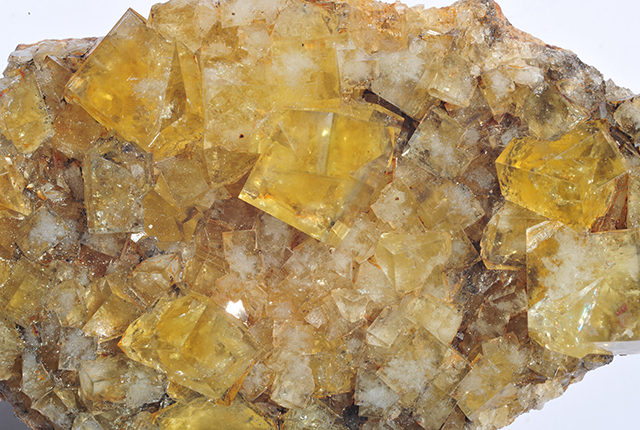
Mineral resource security and flows
Monitoring mineral production, trade flows and other relevant statistics within the UK to respond to the economy’s demand for raw materials.
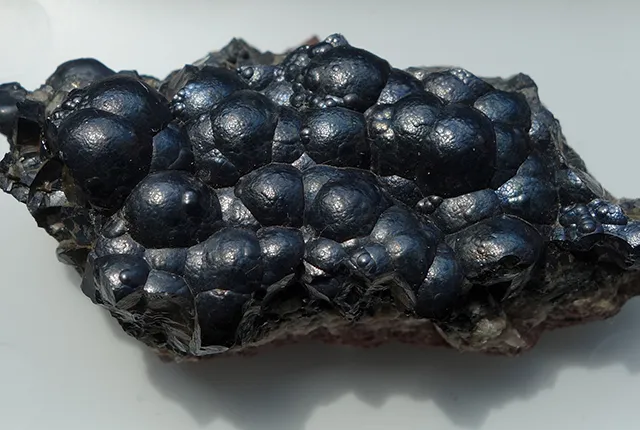
Geodisposal: radioactive waste
Providing geological data and interpretations concerning the safe storage and disposal of radioactive waste.
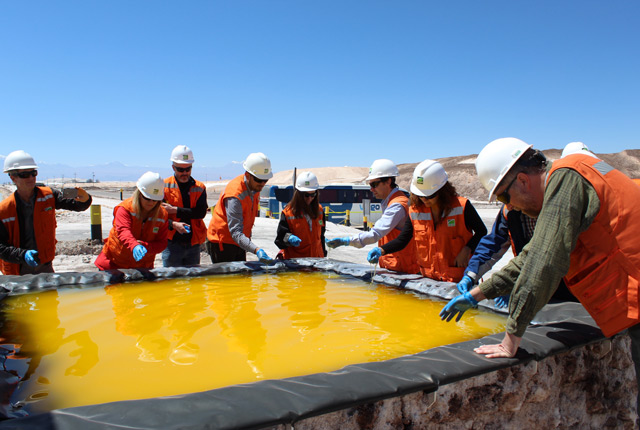
Critical raw materials
Addressing global concerns over the long-term availability of secure and adequate supplies of the minerals and metals needed by society.
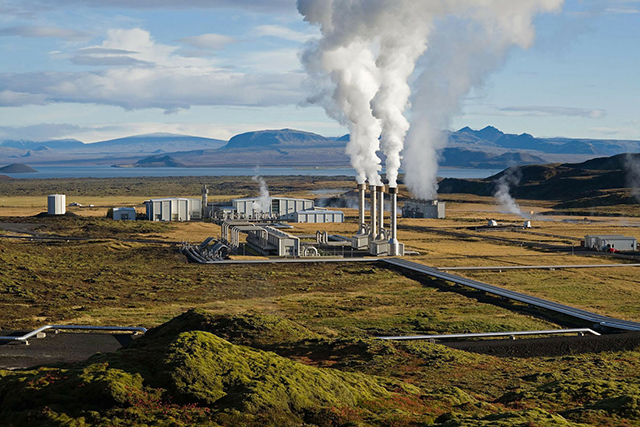
Geothermal energy
Investigating geothermal energy — energy stored in the form of heat beneath the surface of the solid Earth.
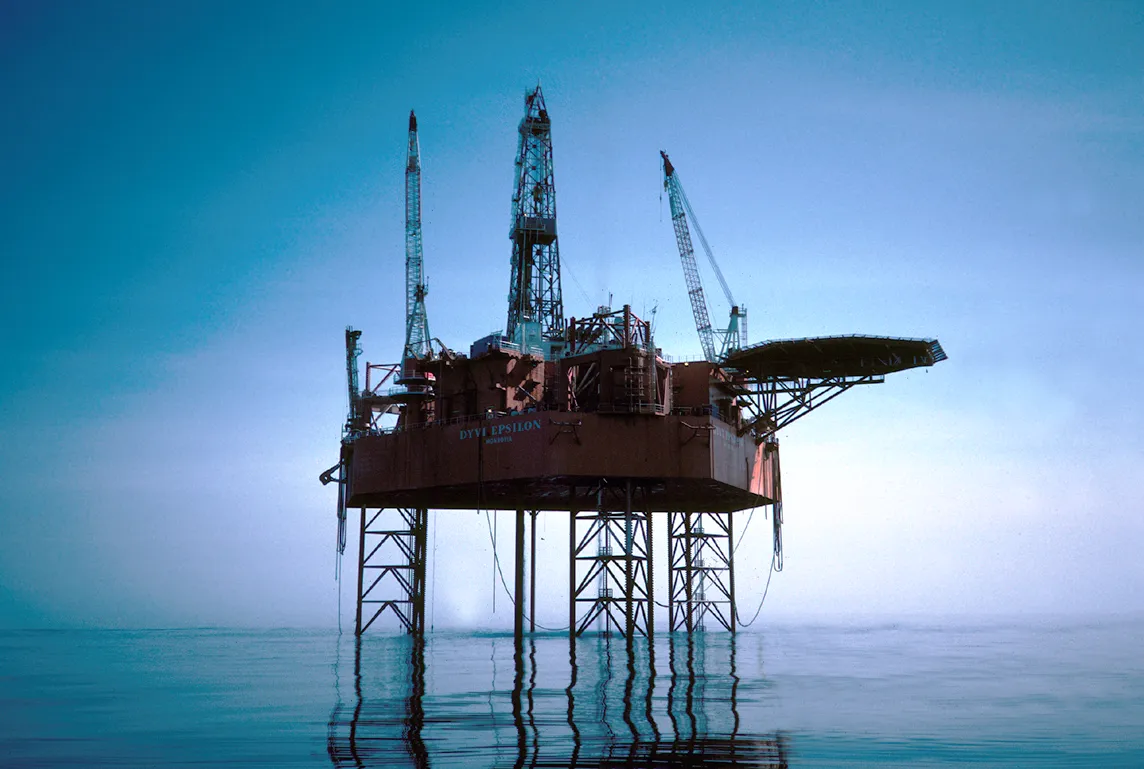
Hydrocarbon systems
Working with UK and overseas governments to provide geological and oil prospectivity advice.
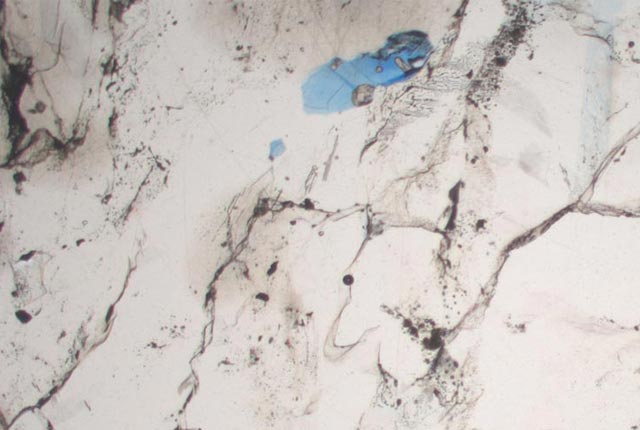
Energy storage
Continuing BGS’s sustained track record of energy storage research, which will underpin future laboratory, field and GIS-based activities and commissions.
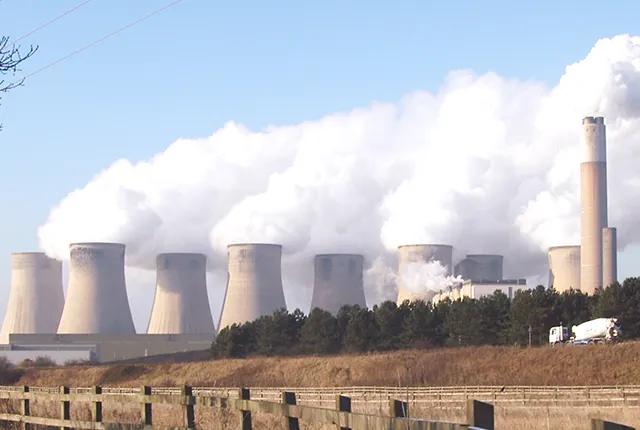
Carbon capture and storage
Studying carbon dioxide storage as a recognised European centre of excellence in a number of research areas.
Our facilities
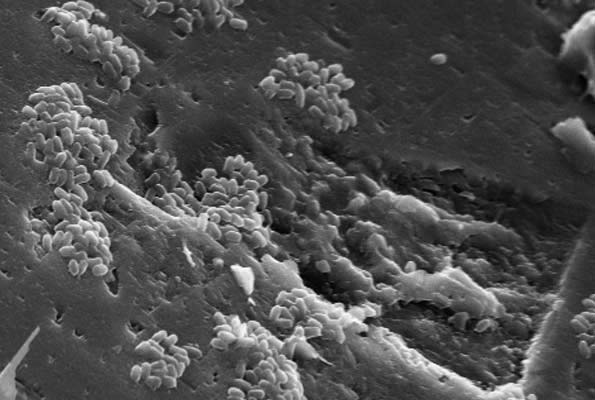
Fluid and Rock Processes Laboratory Cluster
Identifying, measuring and quantifying complex geological and environmental processes essential in the efficient utilisation of natural resources and underground spaces.
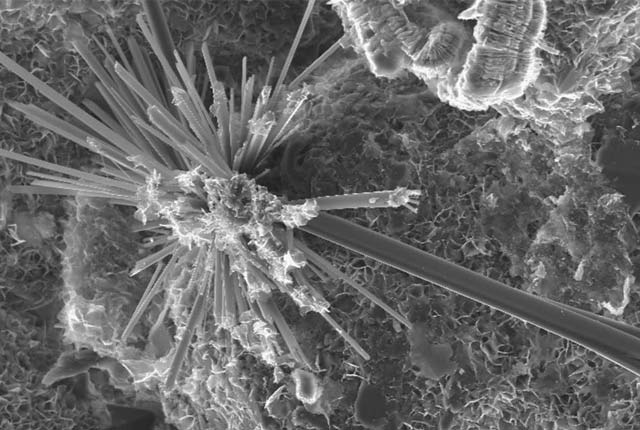
Rock Volume Characterisation Laboratory Cluster
Studying the structural and compositional characterisation of rocks and their constituent parts at all scales.
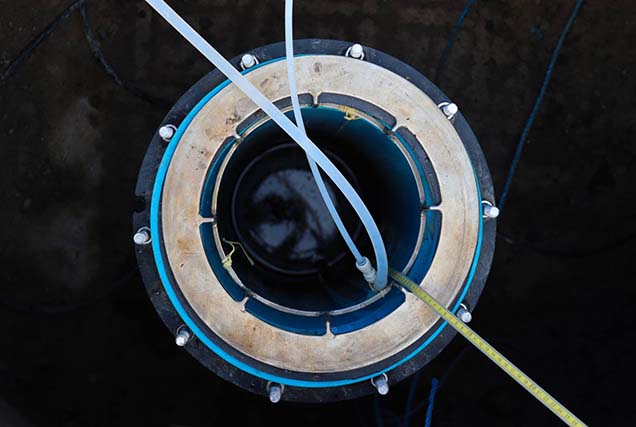
UK Geoenergy Observatories
Facilitating a step change in our understanding of geology and our relationship with the underground environment.
Our core challenge areas
Need more information?
Related news
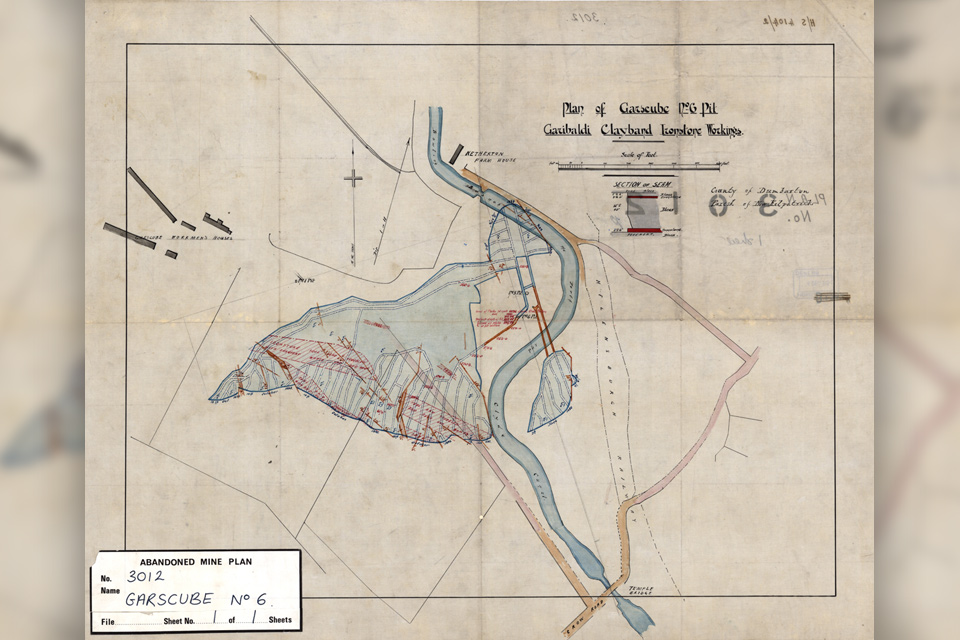
Release of over 500 Scottish abandoned-mine plans
24/06/2025
The historical plans cover non-coal mines that were abandoned pre-1980 and are available through BGS’s plans viewer.

Goldilocks zones: ‘geological super regions’ set to drive annual £40 billion investment in jobs and economic growth
10/06/2025
Eight UK regions identified as ‘just right’ in terms of geological conditions to drive the country’s net zero energy ambitions.
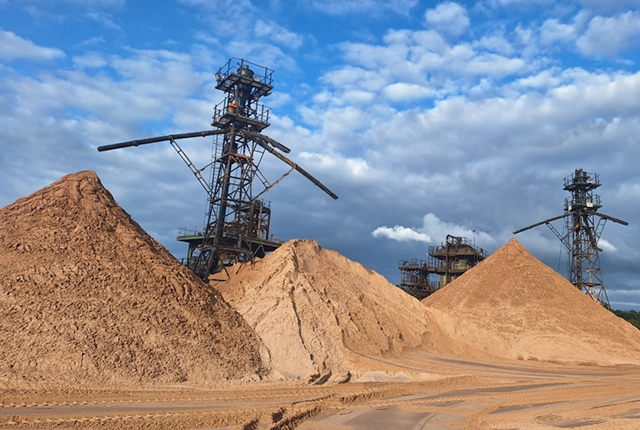
UK Minerals Yearbook 2024 released
21/05/2025
The annual publication provides essential information about the production, consumption and trade of UK minerals up to 2024.

New interactive map viewer reveals growing capacity and rare earth element content of UK wind farms
16/05/2025
BGS’s new tool highlights the development of wind energy installations over time, along with their magnet and rare earth content.
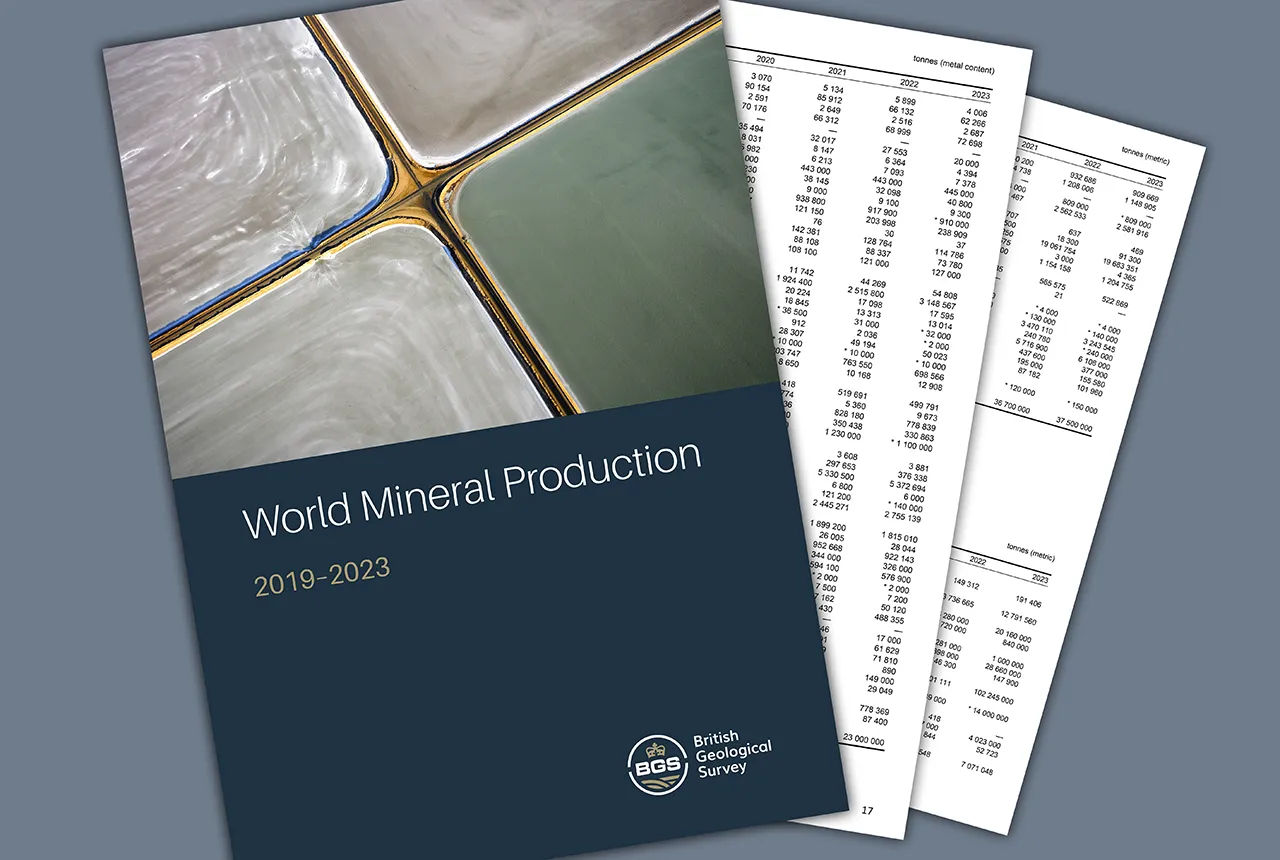
Latest mineral production statistics for 2019 to 2023 released
28/04/2025
More than 70 mineral commodities have been captured in the newly published volume of World Mineral Production.
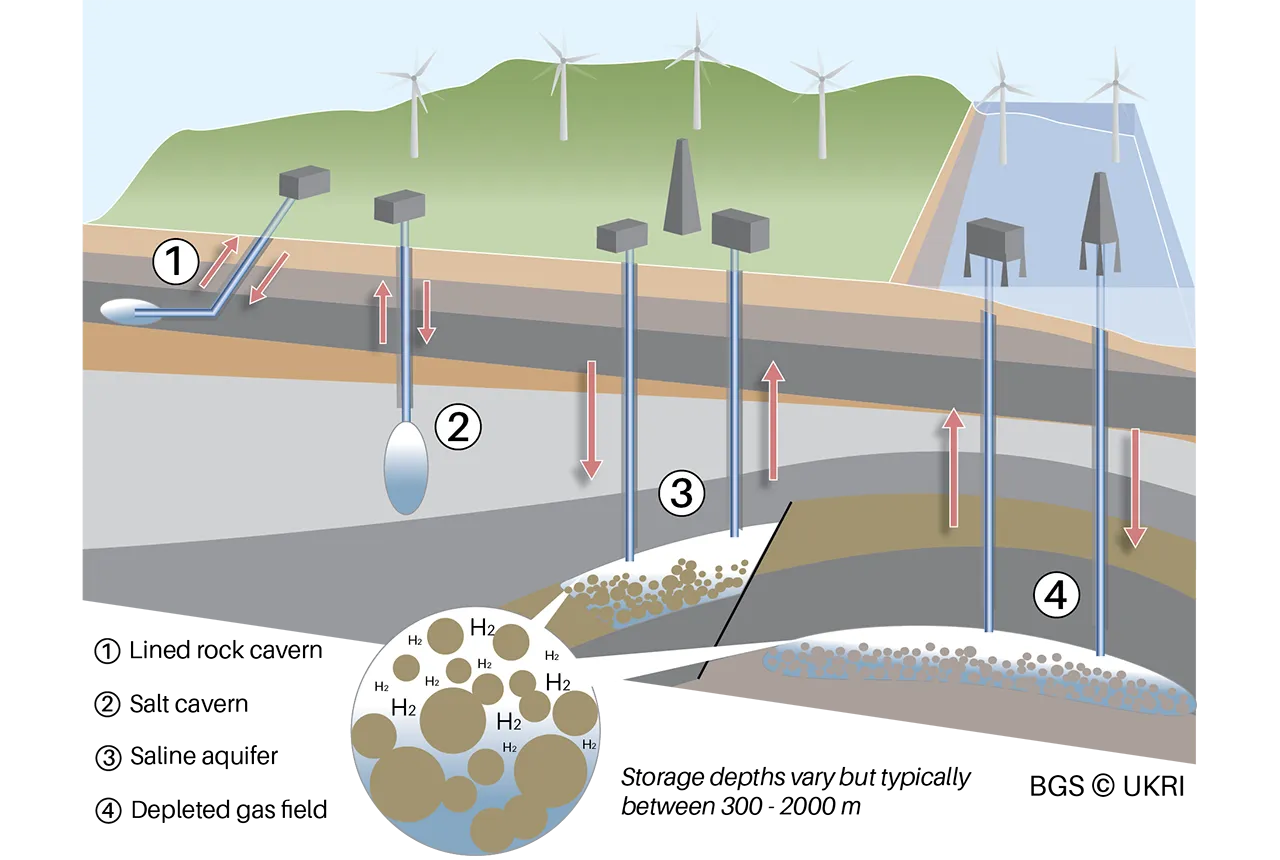
Making the case for underground hydrogen storage in the UK
03/04/2025
A new BGS science briefing note focuses on the potential of hydrogen storage to support the UK energy transition.
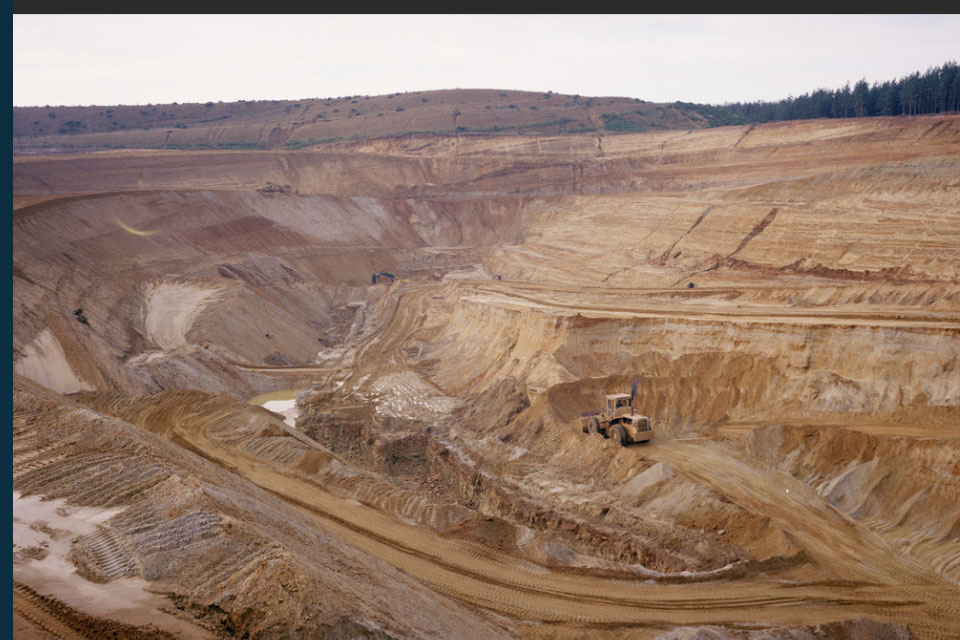
New data reveals latest mineral workings around Great Britain and Northern Ireland
01/04/2025
The newest release of BGS BritPits provides information on an additional 6500 surface and underground mineral workings.
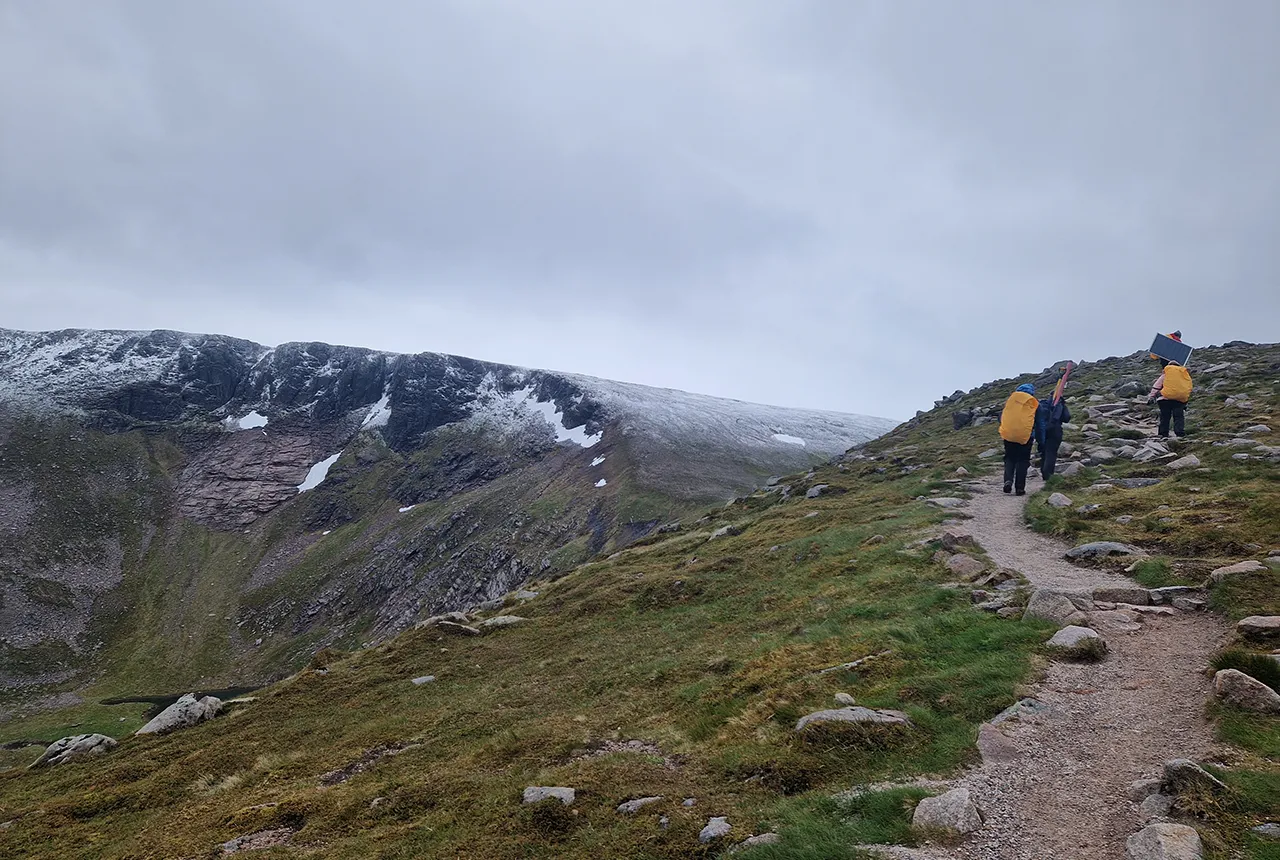
Exploring Scotland’s hidden energy potential with geology and geophysics: fieldwork in the Cairngorms
31/03/2025
BUFI student Innes Campbell discusses his research on Scotland’s radiothermal granites and how a fieldtrip with BGS helped further explore the subject.
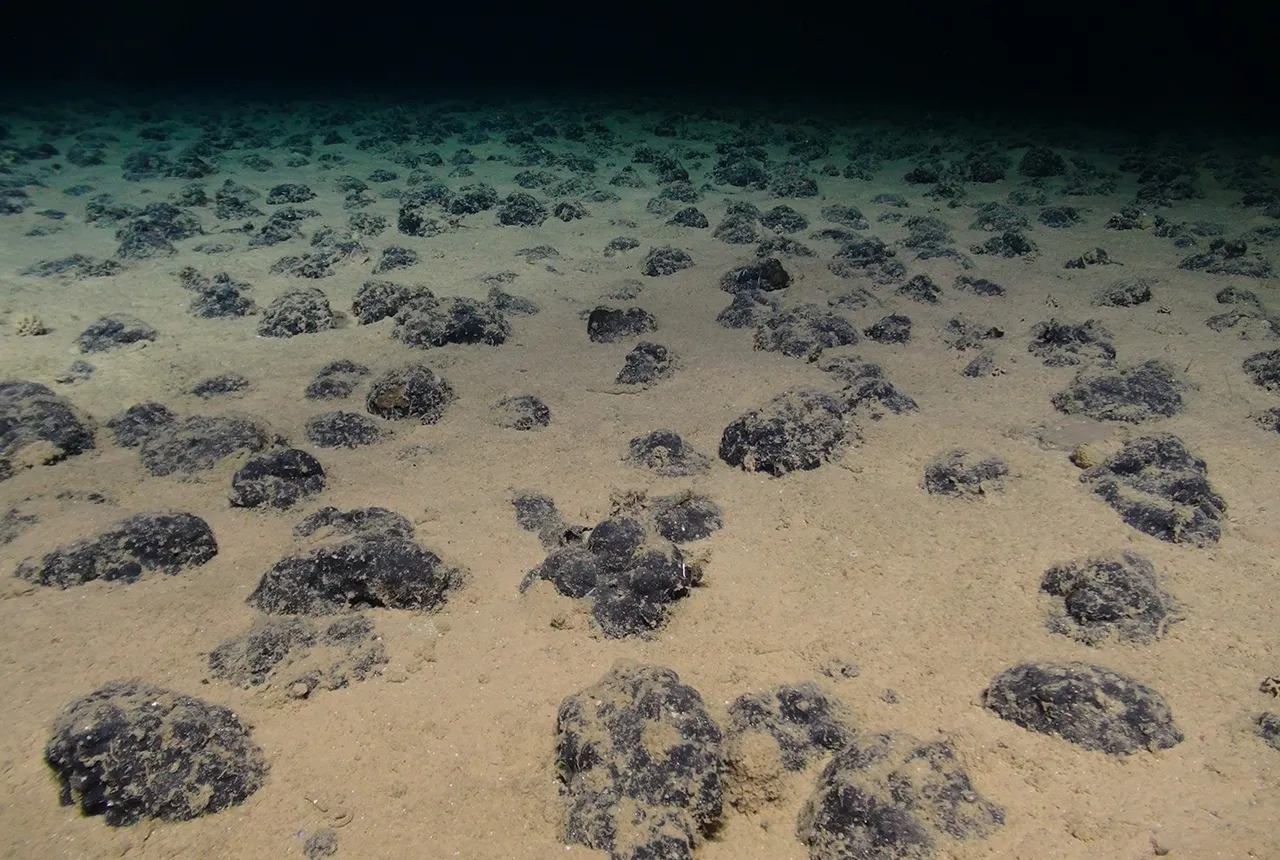
New study reveals long-term effects of deep-sea mining and first signs of biological recovery
27/03/2025
BGS geologists were involved in new study revealing the long-term effects of seabed mining tracks, 44 years after deep-sea trials in the Pacific Ocean.
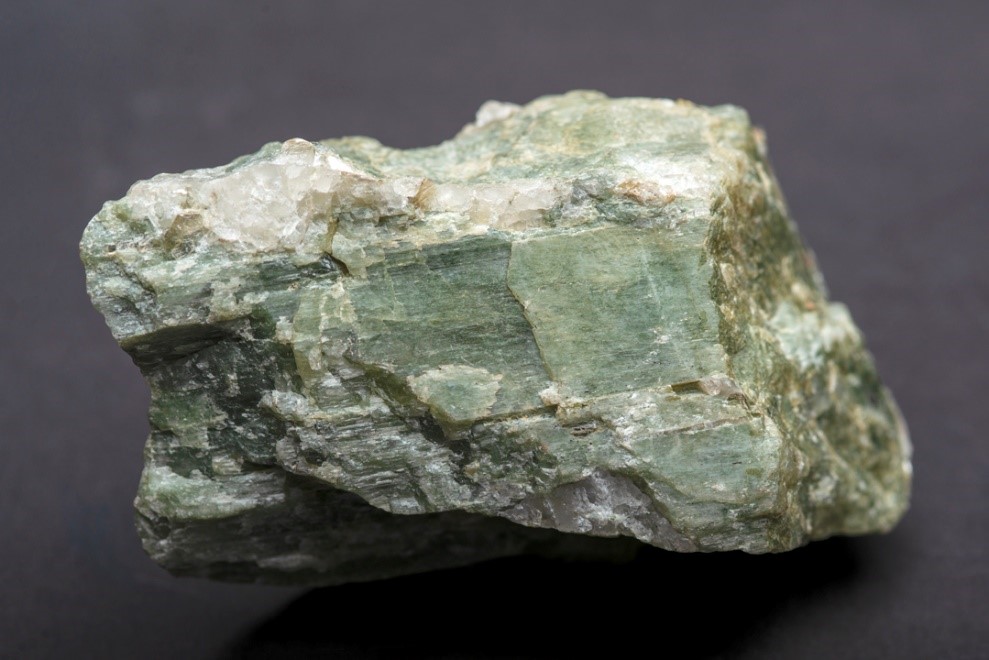
Future projections for mineral demand highlight vulnerabilities in UK supply chain
13/03/2025
New Government-commissioned studies reveal that the UK may require as much as 40 per cent of the global lithium supply to meet anticipated demand by 2030.
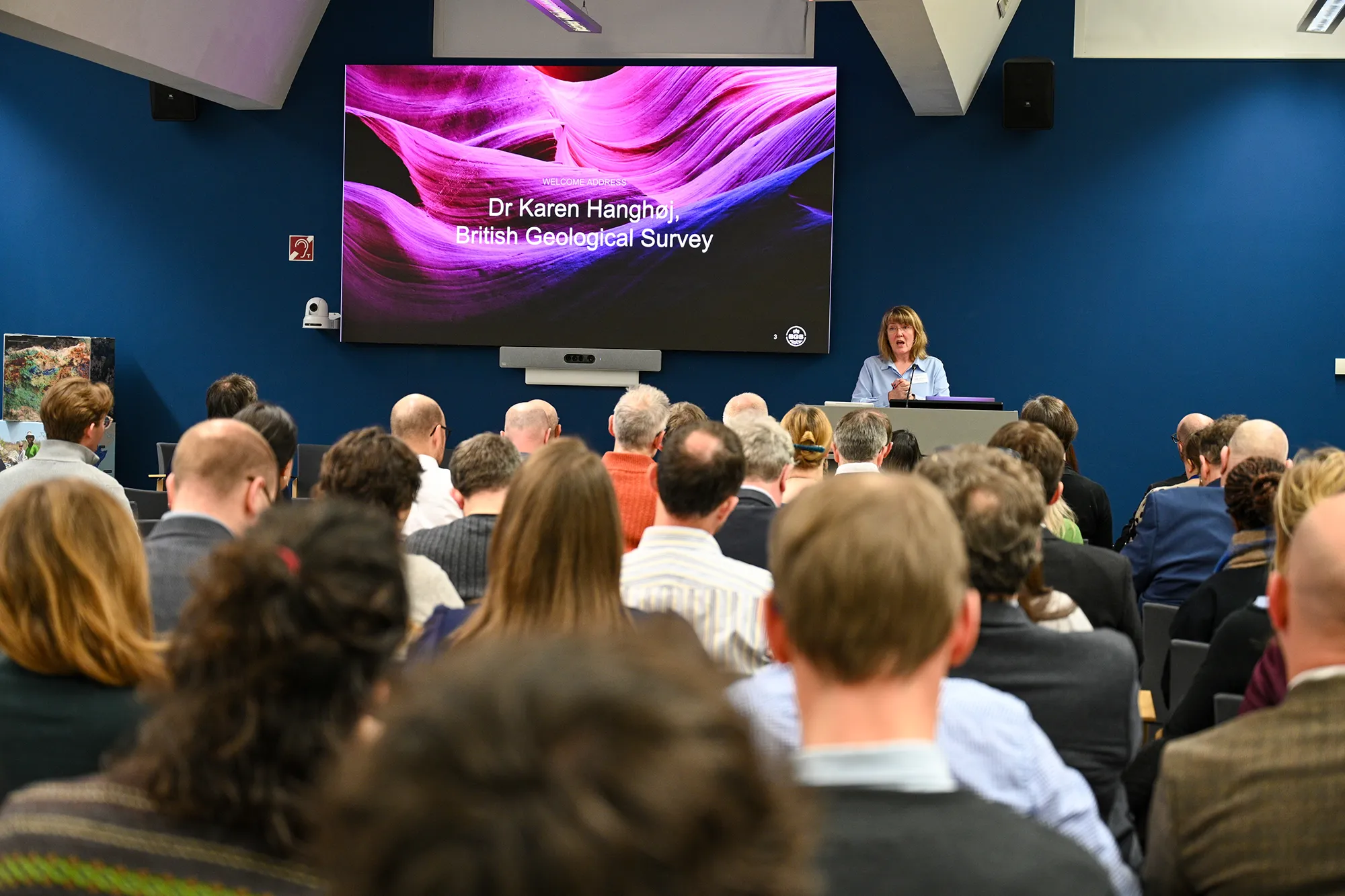
Critical Mineral Intelligence Centre hosts second conference
28/02/2025
The Critical Minerals Intelligence Centre conference took place at BGS’s headquarters in Keyworth, Nottinghamshire.
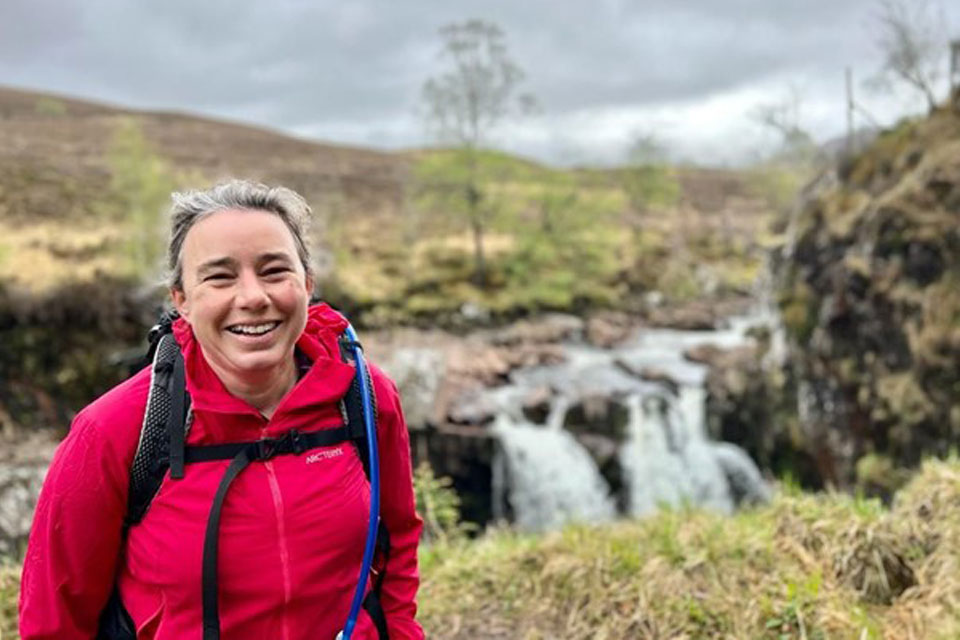
Dr Kathryn Goodenough honoured with prestigious award from The Geological Society
27/02/2025
Dr Kathryn Goodenough has been awarded the Coke Medal, which recognises those who have made a significant contribution to science.


